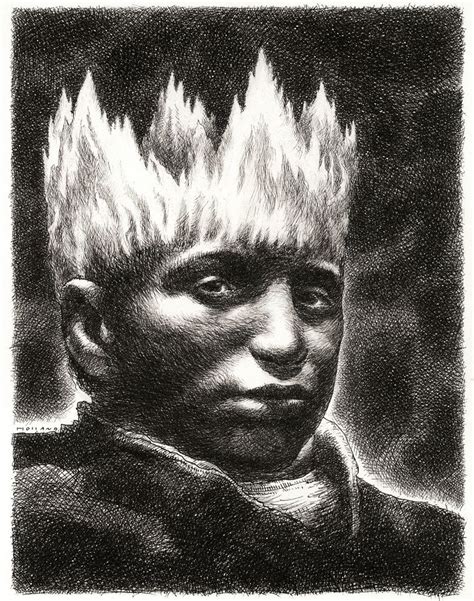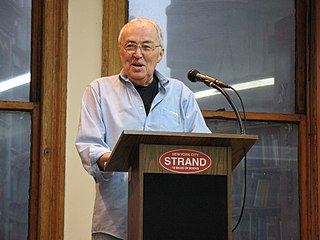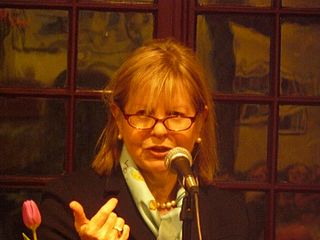A Quote by Maya Angelou
Nathaniel Hawthorne once said that easy reading is damn hard writing.
Related Quotes
It's Nathaniel Hawthorne Month in English. Poor Nathaniel. Does he know what they've done to him? We're reading The Scarlet Letter one sentence at a time, tearing it up and chewing on its bones. It's all about SYMBOLISM, says Hairwoman. Every word chosen by Nathaniel, every comma, every paragraph break -- these were all done on purpose. To get a decent grade in her class, we have to figure out what he was really trying to say. Why couldn't he just say what he meant? Would they pin scarlet letters on his chest? B for blunt, S for straightforward?
Maybe it's because I was named for him, but I've always wanted to meet Nathaniel Hawthorne. It's oversimplifying, but all Hawthorne's short stories and novels are, in one way or another, about guilt. Something profoundly disturbing must have happened to him at an early age. I'd like to know what that was.
There is the grand truth about Nathaniel Hawthorne. He says NO! in thunder; but the Devil himself cannot make him say yes. For all men who say yes, lie; and all men who say no,why, they are in the happy condition of judicious, unincumbered travellers in Europe; they cross the frontiers into Eternity with nothing but a carpet-bag,that is to say, the Ego. Whereas those yes-gentry, they travel with heaps of baggage, and, damn them! they will never get through the Custom House.




































